In the Obleser Lab, we welcome new PhD students Andreja Stajduhar and Max Schulz.
Andreja did her Bachelor’s at York University in Toronto, Canada, where she focused on how individuals perceive faces under different conditions. At the University of Toronto, she focused on understanding how differences in autobiographical memory performance may map onto neuroanatomical differences in the brain. Now, together with Dr. Sarah Tune, she is investigating how perceptual inference changes with age.
Max did his M. Sc. in Biology at the University of Leipzig. During his DFG-funded PhD project under supervision of Malte Wöstmann, he is focusing on questions about capture and suppression in auditory attention.

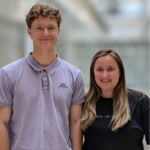
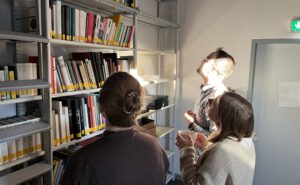
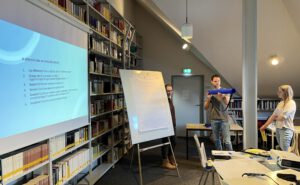
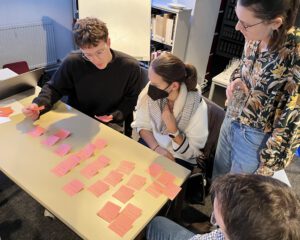
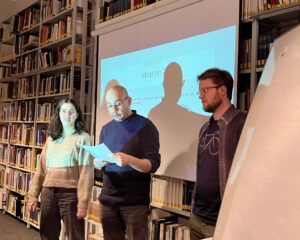
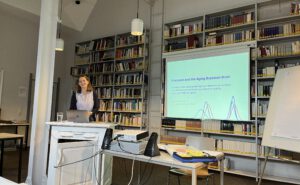
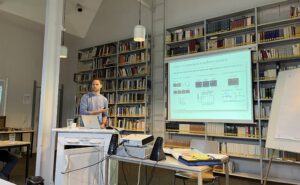

 Hearing acoustics is a focal point at the Hanse Innovation Campus Lübeck. Unique in Germany is the large number of institutions that work together with renowned players to advance the topic of hearing around the campus: Hearing, acoustics and communication are advanced in their most diverse facets in research projects, study programmes, the nationwide training of hearing care professionals, in the clinical area and through interdisciplinary cooperation.
Hearing acoustics is a focal point at the Hanse Innovation Campus Lübeck. Unique in Germany is the large number of institutions that work together with renowned players to advance the topic of hearing around the campus: Hearing, acoustics and communication are advanced in their most diverse facets in research projects, study programmes, the nationwide training of hearing care professionals, in the clinical area and through interdisciplinary cooperation.